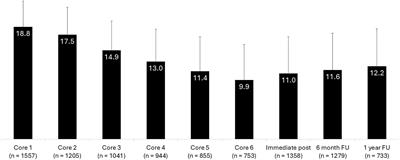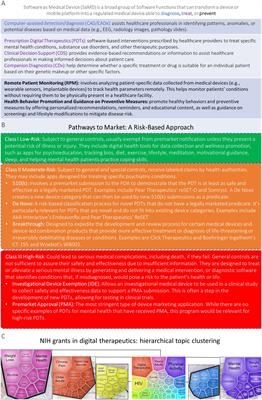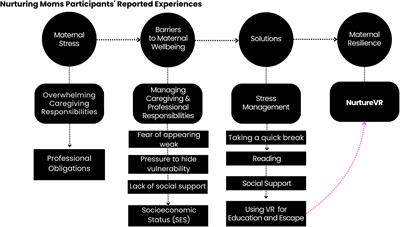EDITORIAL
Published on 10 Jan 2025
Editorial: Prescription digital therapeutics in psychiatry
doi 10.3389/fpsyt.2024.1550666
- 695 views
2,568
Total downloads
11k
Total views and downloads
EDITORIAL
Published on 10 Jan 2025
METHODS
Published on 09 Dec 2024
PERSPECTIVE
Published on 23 Oct 2024
CLINICAL TRIAL
Published on 10 Sep 2024

PERSPECTIVE
Published on 10 Sep 2024

ORIGINAL RESEARCH
Published on 23 Apr 2024

